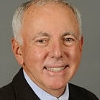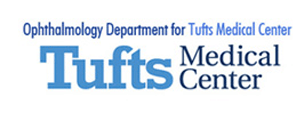As their options and expectations multiply, demand from presbyopes seeking convenient, hassle-free vision correction and decreasing dependence on glasses and contact lenses grows rapidly. For many patients monovision Laser Vision Correction (LVC) may provide an excellent solution. And with the recent FDA approval of VISX Advanced CustomVue™ (Advanced Medical Optics) monovision procedure, this option appears even more promising, as refractive surgeons can now offer monovision LVC with wavefront-guided ablation in both eyes.
Advantages of Monovision LASIK:
- Providing both near and distance vision without the need for glasses and/or contacts, monovision LVC remains the most reliable, predictable and stable surgical means to this end.
- Monovision LASIK, in contrast to conductive keratoplasty, if effective over the entire range of refractive errors approachable by LVC and usually remains stable for life, thereby minimizing the need for “touch-up” enhancements.
- Monovision LASIK is also less invasive than intraocular lenses.
Thus while I of course favor crystalline lens-based presbyopia management in patients who require concomitant cataract surgery or whose extreme refractive errors are outside the range appropriate for LVC, the far greater majority of my prebyopic patients benefit from the high predictability and low risk of monovision LASIK.
The Bottom Line
“Overall I have found monovision LVC to be an overwhelmingly win-win option for both refractive surgical patients and practices. Patients appreciate having a permanent, hassle-free solution for presbyopia as their 99% satisfaction level attests. To assure high satisfaction, however, surgeons need to select patients carefully, to educate them about the pros and cons of the procedure, and to conduct a careful Contact Lens Trial to determine the patient’s adaptive ability and ideal monovision correction. Having personally enjoyed the results of monovision LASIK since 1999, I can appreciate and attest to the delight of being entirely glasses-free.”

-Ken Kenyon, M.D.




